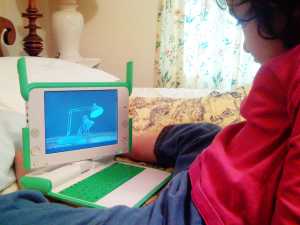Addiction, Author Interviews, Mental Health Research, Technology / 29.10.2019
Escapism Predicts Gaming Disorder Among eSport and Recreational Players
MedicalResearch.com Interview with:
Zsolt Demetrovics PhD and Orsolya Király PhD
Department of Clinical Psychology and Addiction
Institute of Psychology
ELTE Eötvös Loránd University
MedicalResearch.com: What is the background for this study?
Response: Gaming disorder has recently been recognized by the World Health Organization (WHO) as a mental disorder. Research examining gaming motivations and mental health among video gamers and in relation with gaming disorder is increasing but different types of gamers such as recreational gamers and esport gamers are not commonly distinguished.
Esport is form of electronic sport and refers to playing video games in a professional (competitive) manner in sports-like tournaments. Much like in the case of traditional sports, esport players and teams are sponsored, tournaments are broadcasted and followed by large audiences and have large financial prizes. Therefore, being an esports player in now a real career opportunity for teenagers and young adults who like playing video games. (more…)





